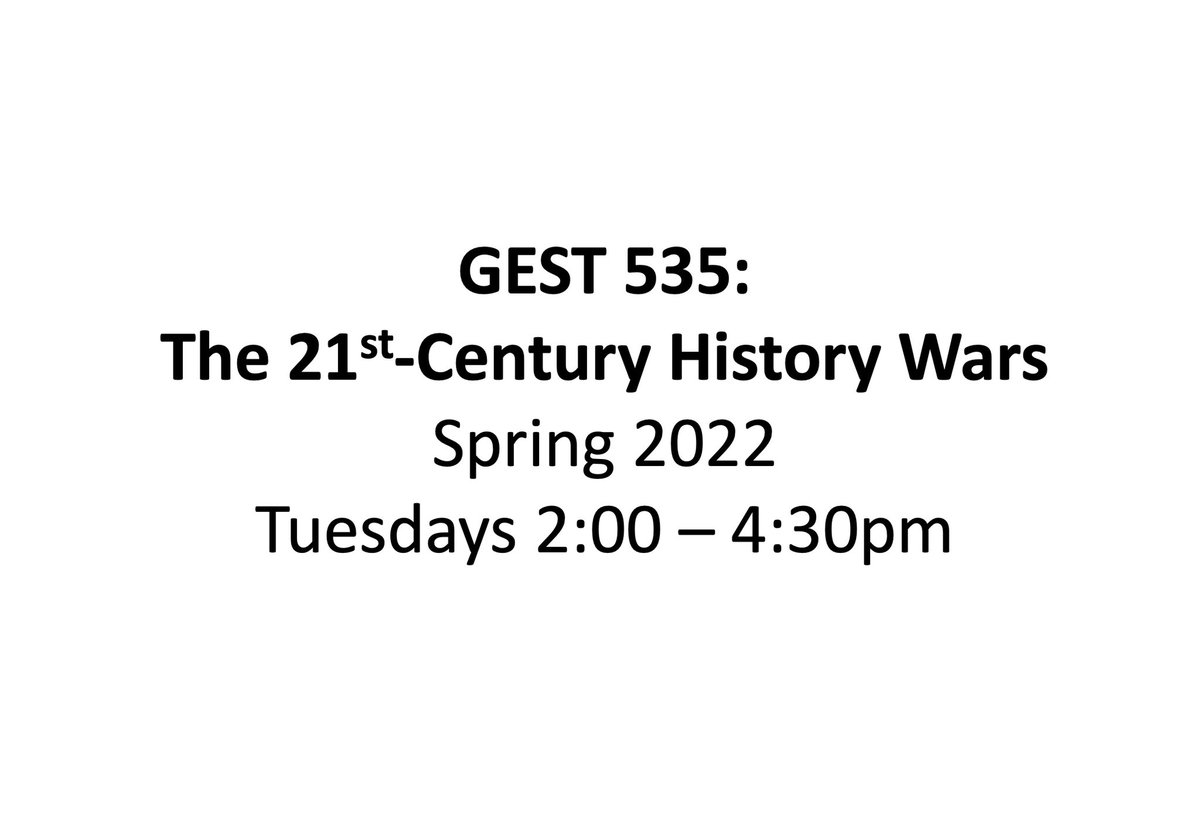
This is a crucial observation: In the American political discourse, “working class” is often just shorthand for “white people with certain reactionary cultural sensibilities” - as in: “The working class rebelled against the establishment and voted for Trump.”
https://twitter.com/mcjulie/status/1489088108314312706
It’s really striking how the terms “blue collar” and “working class” almost always refer to either a type of professional occupation or certain reactionary cultural sensibilities of white people and are often entirely detached from matters of class / socio-economic status.
This is well in line with the pervasive assumption of a white “normal” that still governs the American political and cultural discourse. Concepts like “working class,” or “parents,” or “Christians” often come with a silent “white.”
The - sometimes implicitly accepted, but more often specifically intended - effect of using the term “working class” in this way is to legitimize the actions of reactionary white people and insulate them from critique: they’re just “regular folks,” their gripes must be justified.
In this specific case, the “working class” moniker is also used to invoke numbers - the protests are supposedly legitimate because they represent “the masses” rising up against the illegitimate (liberal) elites who have no right to keep “the people” down.
It’s all enormously disingenuous, because the rightwing elites celebrating these protests detest the actual “masses,” disdain the poor, often explicitly reject majority rule. What they are actually favoring is not “the people,” but a white reactionary uprising, nothing more.
• • •
Missing some Tweet in this thread? You can try to
force a refresh















